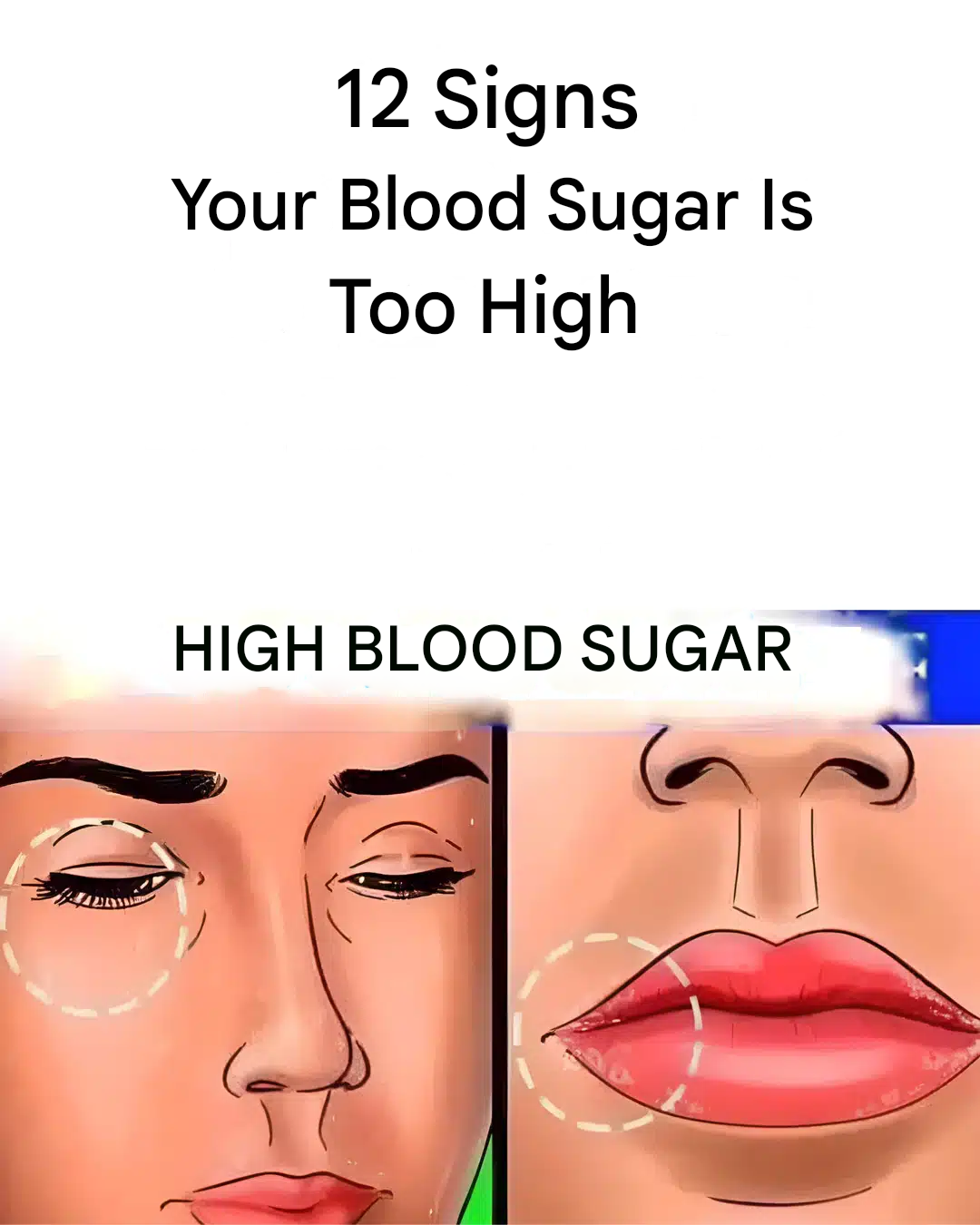-
Blurry vision
High sugar levels can change the shape of your lens, like a water droplet on a camera lens , blurring your vision.
-
Wounds that take a long time to heal
A minor injury that takes weeks to heal? This could indicate that your immune system is weakened by high blood sugar.
-
Repeated infections
Urinary, skin, oral… If infections become frequent, it may be because your body is no longer able to defend itself effectively.
-
Tingling or numbness
These sensations in the extremities can be the first signs of nerve damage, often linked to poorly controlled blood sugar levels.
-
Unexplained mood swings

Anger, sudden sadness, anxiety… Too much sugar can affect your hormones and neurotransmitters, like serotonin.
-
Dry mouth and skin
Mild but persistent dehydration can result in chapped lips or a sticky tongue.
-
A strange breath
An odor reminiscent of nail polish remover or acetone may signal high ketone levels, a sign of metabolic imbalance.
-
Swollen ankles
Sugar draws water into the tissues, causing visible swelling, especially in the legs and feet.
The Dangers of Ignoring Hyperglycemia
Failing to address chronic hyperglycemia is like driving with a red warning light on. In the long run, this can lead to serious complications, including heart, kidney, nerve, and vision damage. Fortunately, it’s possible to take preventive action.
How to regain control of your blood sugar?
Eat a balanced diet
Focus on vegetables, legumes, lean proteins (like chicken or fish), and low-glycemic carbohydrates (like quinoa or lentils). Cut down on processed foods , which are high in hidden sugars.
Move, a little every day
No need to sign up for a sports competition! A 30-minute walk after a meal already improves insulin sensitivity.
Hydrate yourself regularly
Water helps your kidneys filter excess sugar. It’s your best ally in everyday life, much more so than any drink touted as a “detox . “
Monitor your indicators
If you have any doubts or a family history of high blood sugar, consider checking your blood sugar regularly with a glucometer or during a medical visit. Prevention is better than cure!
Listening to your body’s signals is giving it what it deserves: vigilance, attention, and a little common sense. Your blood sugar can be your best health ally… as long as you don’t neglect it .

